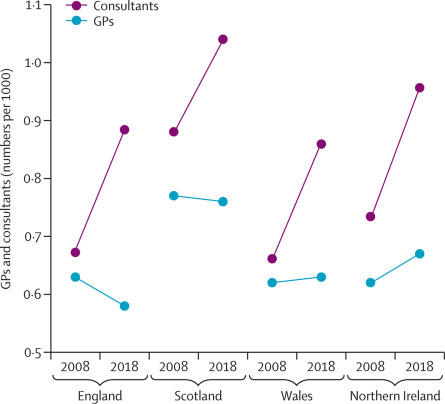1. I’d rather wait to see if vaccines really are safe. What’s wrong with that?
Covid-19 vaccines were tested extensively before they went into general use. The data from this research and subsequent data from their widespread use in the UK and other countries in many millions of people show that all the vaccines are very safe and that serious side effects are very rare. If you delay getting vaccinated, you are at risk of getting infected and also put at the risk the people you are in contact with.
2. Other people need a vaccine more than me. Isn’t it OK to let others have theirs first?
People are prioritised for vaccination based on factors such as age and medical history. When you receive your invitation to be vaccinated, you are being called for vaccination at the right time for you and are not disadvantaging anyone else.
3. Aren’t people dying from blood clots because of the vaccine?
Reports of serious blood clots are very rare, with typically only a few cases per million doses of vaccine administered.
4. I don’t trust the government, so why should I trust a vaccine they’re trying to get us to have?
Covid-19 vaccines were tested rigorously before they were used in the general population. No short cuts were taken in this testing. The safety of the vaccines continues to be assessed continually.
5. The odds of me dying from Covid are so low I’d rather take the risk of not being vaccinated.
Many people who survived a Covid-19 infection have been left with long-term complications such as heart and lung damage. Vaccination reduces the risks of you suffering a serious illness, and also helps protect more vulnerable people such as your elderly relatives and older work colleagues.
6. Haven’t lots of people died after having their first Covid shot?
Reports of people dying after their first Covid-19 vaccine are very rare. In most cases, death was due to natural causes and not linked to their vaccination.
7. I’m suffer from a lot of allergies, so I’m worried I’ll have a serious reaction to the jab too.
Many millions of people who suffer from allergies have safely received a Covid-19 vaccination.
8. Can the Covid vaccine affect fertility?
Covid-19 vaccines do not affect fertility.
9. BAME communities have been treated badly in the past by health authorities. Why should we trust them now?
BAME communities are at much higher risk of serious illness and death from Covid-19. Vaccines will protect them from these risks. BAME organisations and health professionals have advised the members of their communities to get vaccinated when they are invited, so it is not only health authorities that are recommending the vaccines.
10. Are vaccines halal?
Covid-19 vaccines have been confirmed to be halal and acceptable for use in Muslims by religious scholars across the world. No Muslim country has refused to use Covid-19 vaccines.
11. I’ve seen videos where doctors say vaccines are dangerous and even change your DNA. Why should I believe another doctor who says it is safe and not those who have concerns?
Vaccines are safe and do not change your DNA. Extensive research has confirmed the safety of the vaccines.
12. This vaccine was developed in record time. I’m worried they cut corners to get it out in such a rush.
Vaccines were developed and tested in record time because of advances in medical technology in recent years and because bureaucratic obstacles to setting up research trials were minimised. No corners were cut in the development and testing processes.
13. You might seem OK after having your vaccine, but who knows how it might affect your health in several years’ time?
We now have evidence from many millions of people that vaccines substantially reduce the risks of serious illness and death. Ongoing research has shown the vaccines are safe and highly effective. The risks from Covid-19 infection in contrast are immediate and serious.
14. I’ve already had Covid so I don’t think I need a vaccine. Won’t I already have immunity?
Natural immunity to Covid-19 can wear off and people can sometimes suffer a second infection. A vaccine boosts your immune response and gives you additional protection from infection.
15. I’ve heard that vaccines can cause autism. What’s the truth?
There is no link between vaccines and autism.
16. I don’t want the dangerous chemicals in vaccines like formaldehyde, mercury and aluminium getting in to my body.
Vaccines are extensively tested to prove that the chemicals in them are safe.
17. Wasn’t the Spanish Flu vaccine responsible for 50 million deaths?
The deaths from Spanish Flu were caused by a virus, not by a vaccine.
Read Questions and answers about Covid-19 vaccination in full
